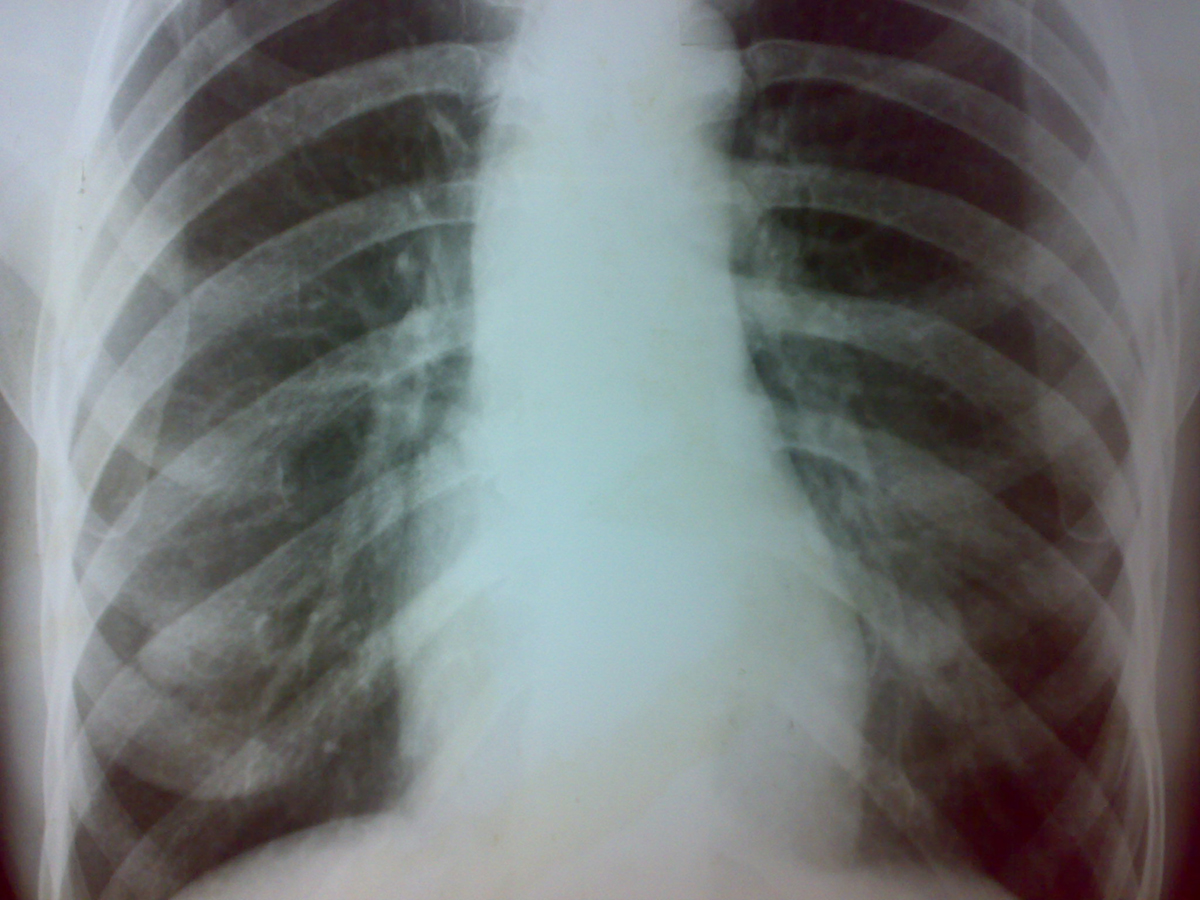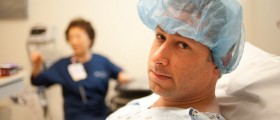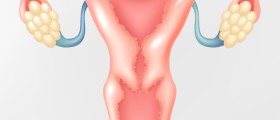
Esophageal cancer progression
The experts have classified cancer of the esophagus into four different stages. The cancer develops in the lining of the organ and that is considered to be the first stage. This stage is the best time for the cancer to be diagnosed as the chances of survival are a lot higher then. However, almost never is the cancer seen in this stage and that is why it progresses and the tumor grows. The tumor also spreads to the surrounding tissues, lymph nodes and organs in the body.The survival rates are extremely high when the cancer is discovered in stage 0. Almost 90% of the patients survive for more than five years in this situation.
Stage I is characterized by the cancer still to spreading to the nearby tissues and lymph nodes. However, it has spread to deeper into the tissue of the esophagus. According to the data, about 35% of patients live for longer than five years if the disease is treated in this stage. Once the cancer started to affect the nearby lymph nodes the cancer is considered to be in stage II. The survival rate is even lower now and only 17% of all patients survive for more than 5 years.When the cancer is in stage III, it has progressed beyond the wall of the esophagus and the nearby lymph nodes to the tissues that are close. However, other organs are still not affected. Problems with swallowing and pain in the throat are the symptoms that are seen in this stage. About 30% of patients live between three and five years after receiving chemotherapy and radiation therapy.
In the final stage of the cancer of the esophagus the disease has progressed to other organs in the body. The chances of survival are really low at this point and are not even higher than 3%.Is there a way to prevent esophageal cancer
The doctors are still unsure why one person develops cancer of the esophagus and the other does not. However, the experts have discovered the risk factors of this disease. Risk factor is anything that increases the chances of developing the disease. On the other hand a protective factor is everything that lessens the chance of developing the disease. There are two types of risk factors. Ones can be avoided while others cannot. The use of tobacco can be avoided simply by quitting smoking. On the other hand, genetics cannot be avoided as the person is born with them. A person who avoids all the risk factors that can be avoided does not guarantee that he or she will not develop the disease. There is no sure way of preventing esophageal cancer, only the lessening of the chance is possible. A person who is exposed to a lot of risk factor does not necessarily mean that he or she will develop the caner for sure. Every person who is worried about suffering from cancer of the esophagus can go to the hospital and talk to the doctor about the risk factors and how to avoid them.Cancer of the esophagus has many types but two are seen more often than any other. These two types are squamous cell carcinoma and adenocarcinoma. Squamous cell carcinoma develops in the upper part of the esophagus while adenocarcinoma is usually seen in the lower part, close to the stomach.
The data shows that the cases of squamous cell carcinoma are declining while the patients diagnosed with adenocarcinoma are seen more now than they were a couple of years ago. African American men are more likely to develop squamous cell carcinoma than white males. Apart from tobacco use, the consumption of alcohol is another risk factor that can be avoided. The foods that a person consumes play a vital part in increasing and lessening the risk of cancer of the esophagus and that is why a lot of doctors pay attention to the diet. A diet rich in green and yellow fruits and vegetables and cruciferous vegetables is supposed to reduce the risk of developing cancer of the esophagus.
















Your thoughts on this
Loading...